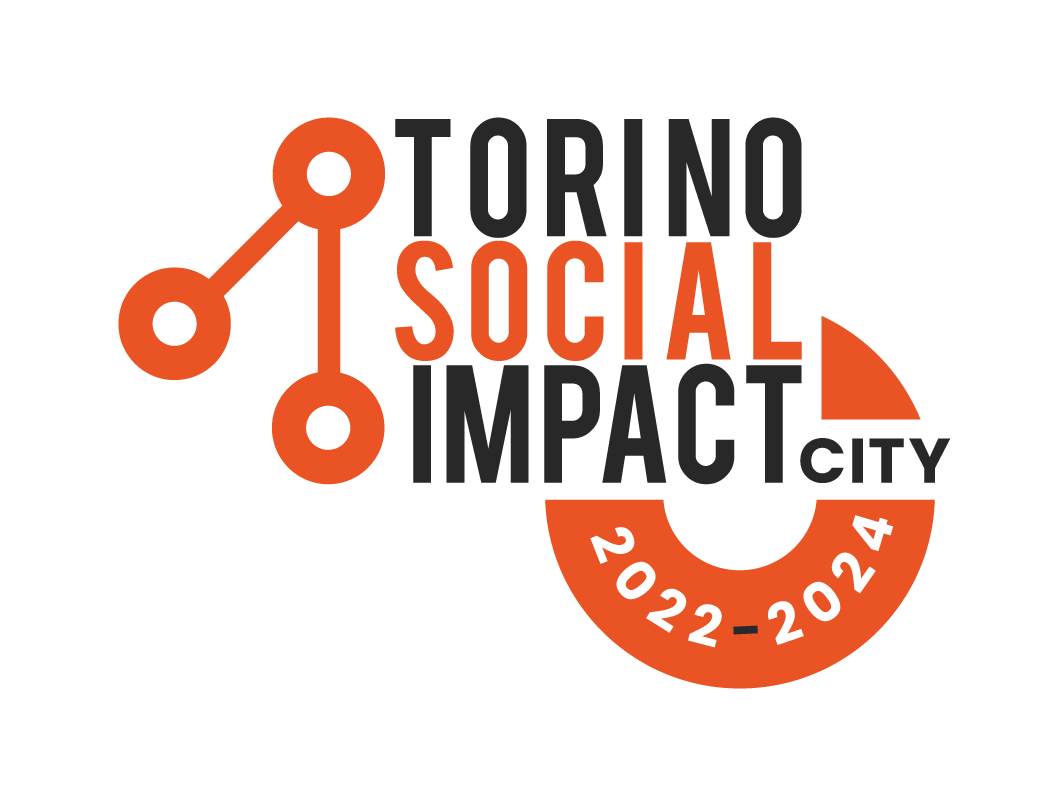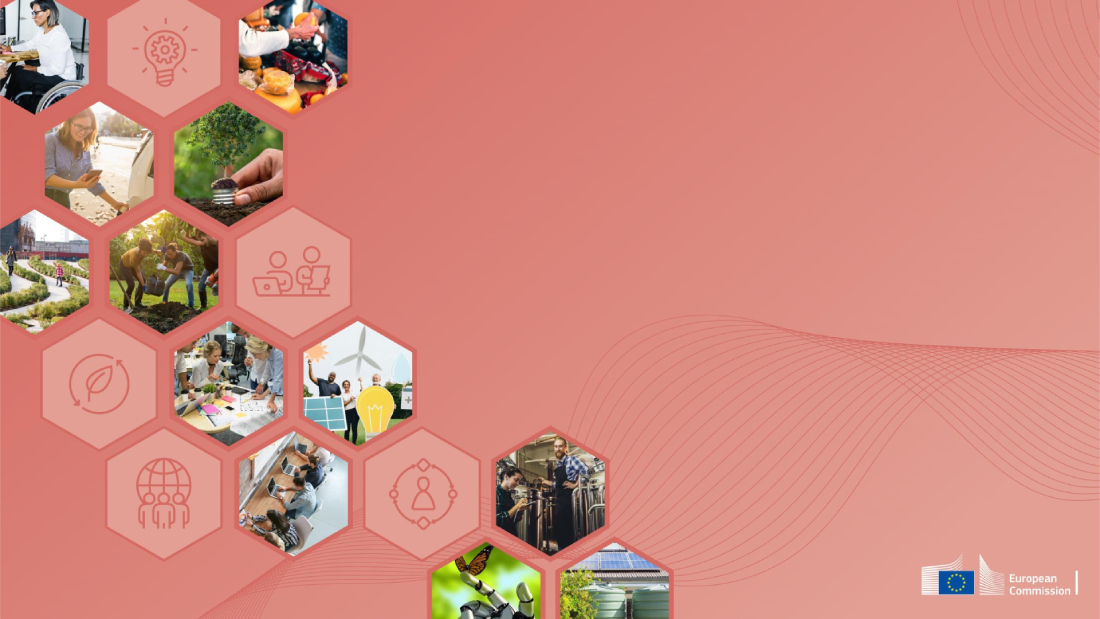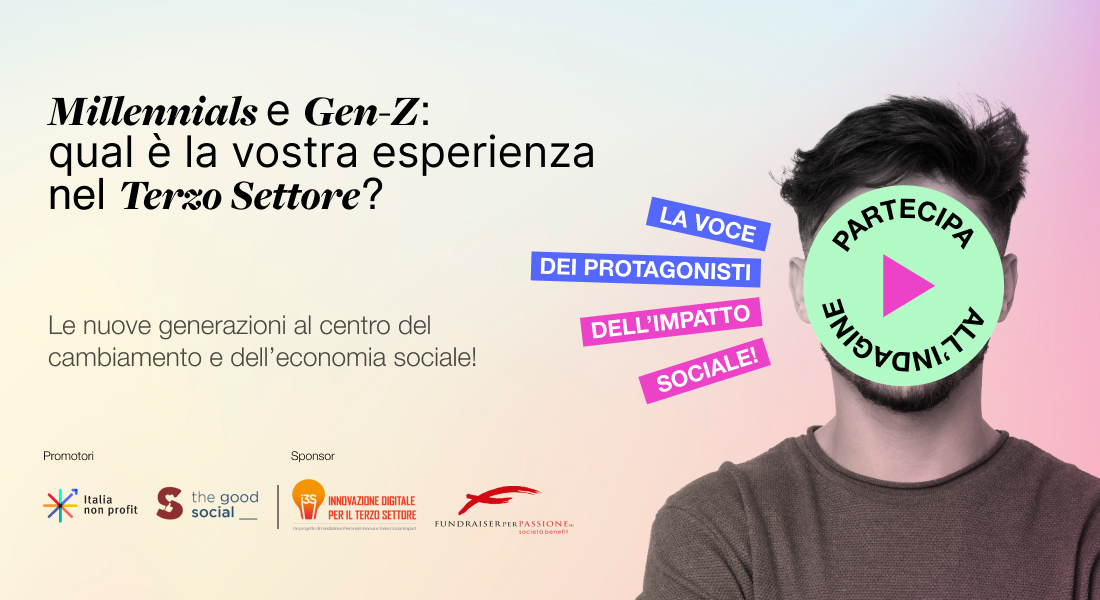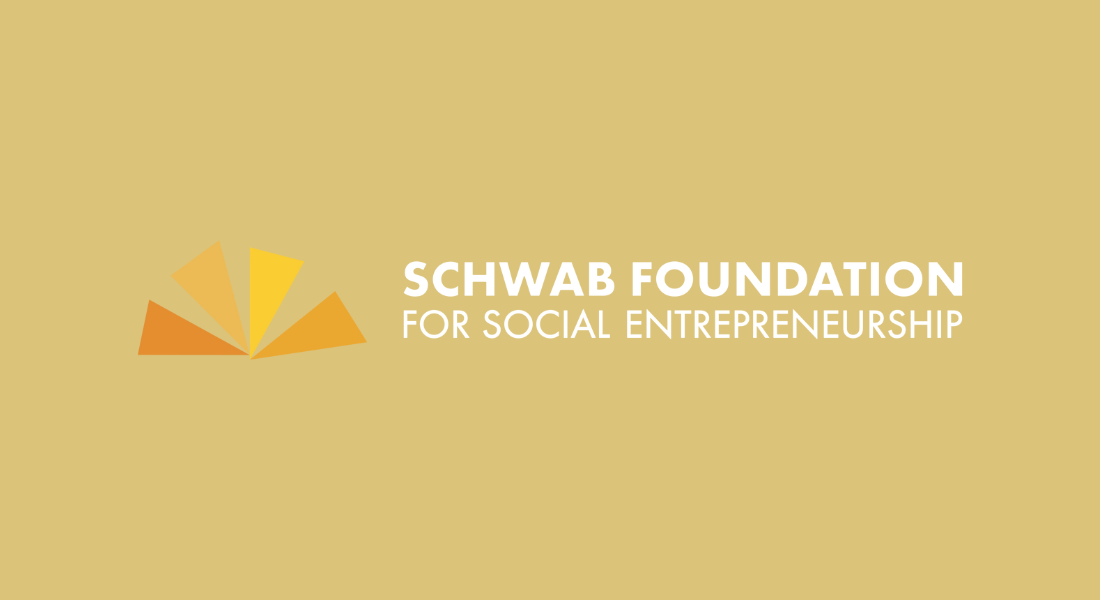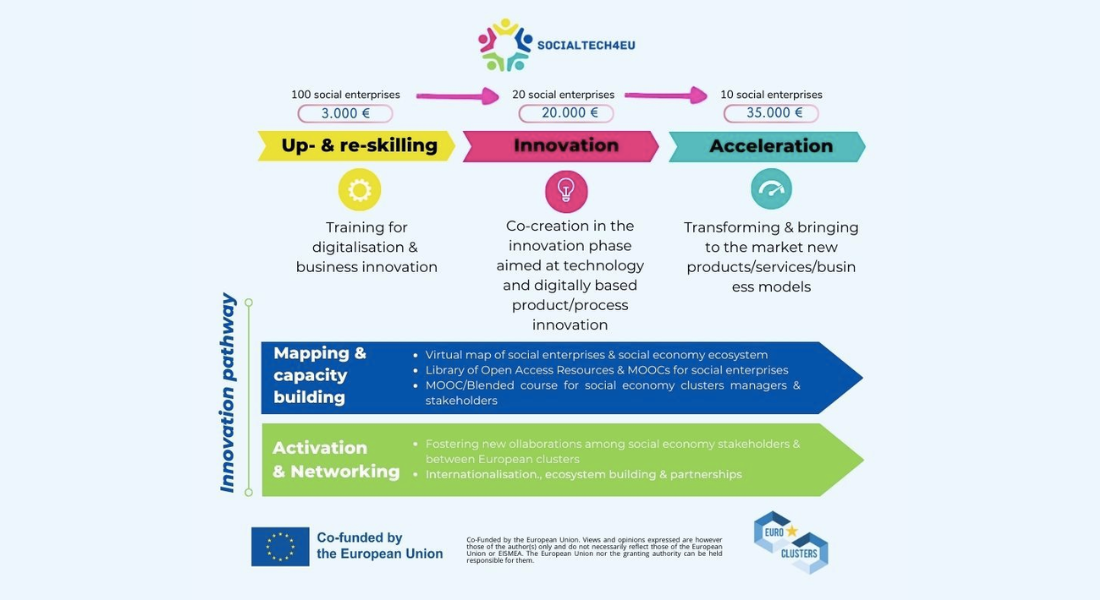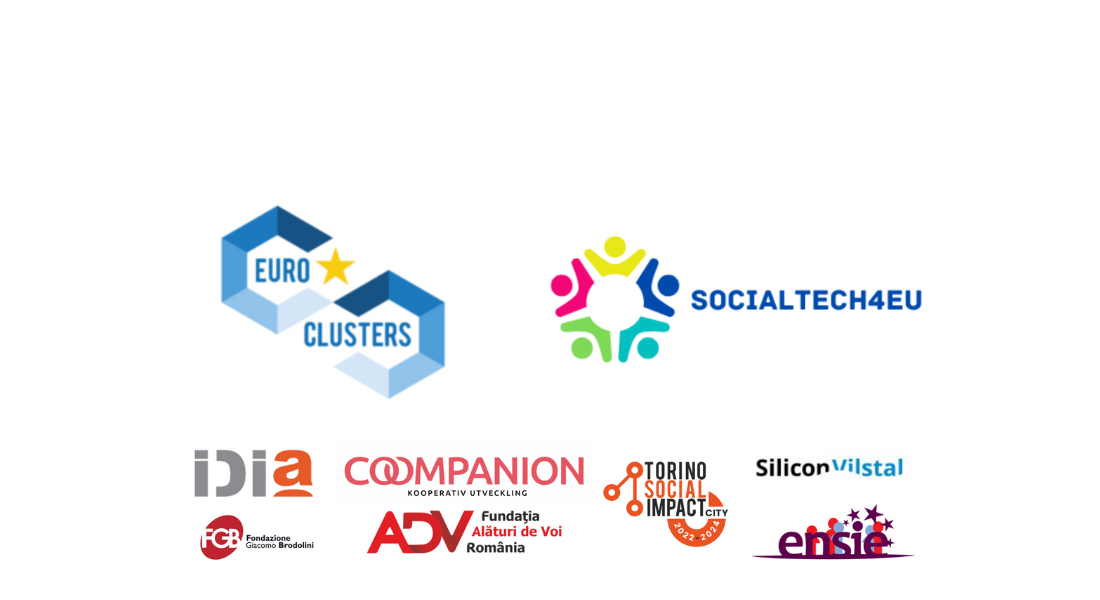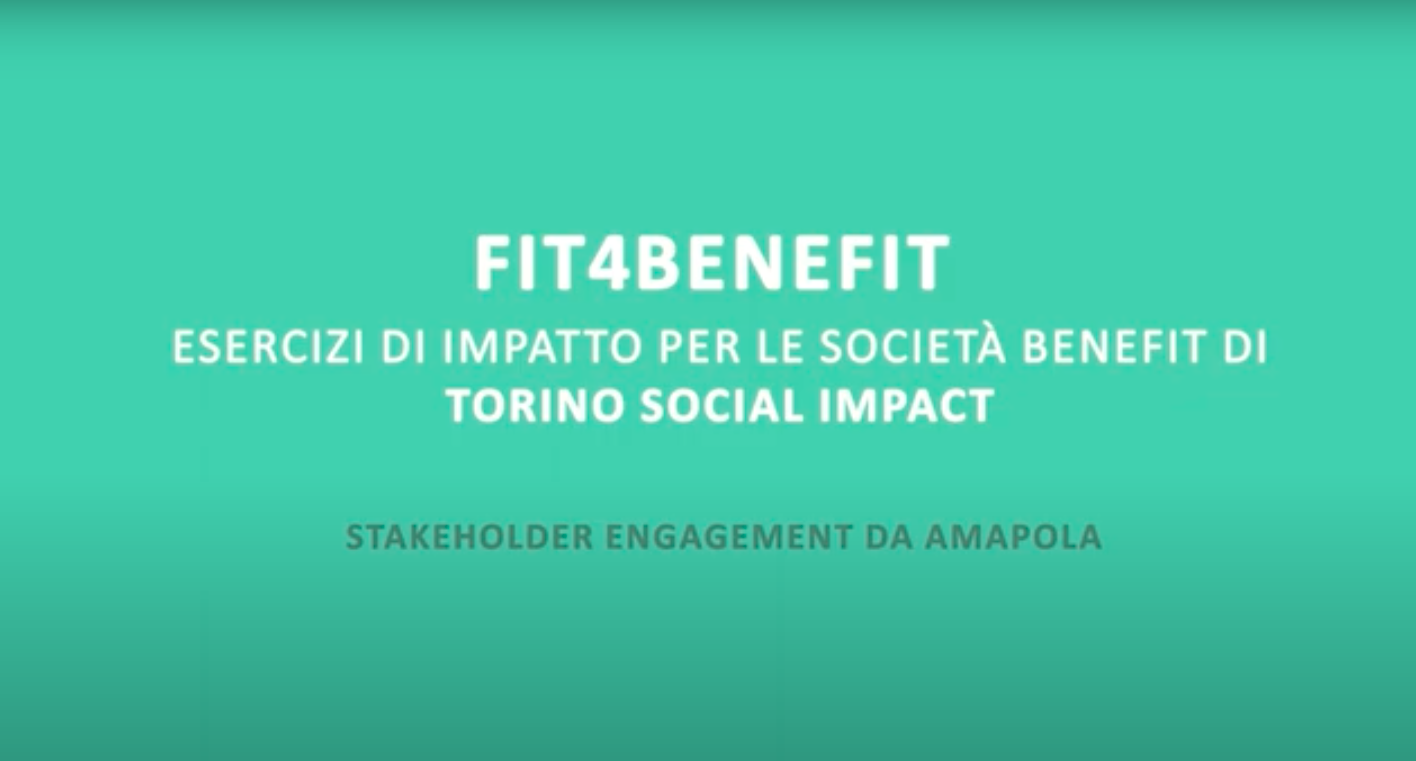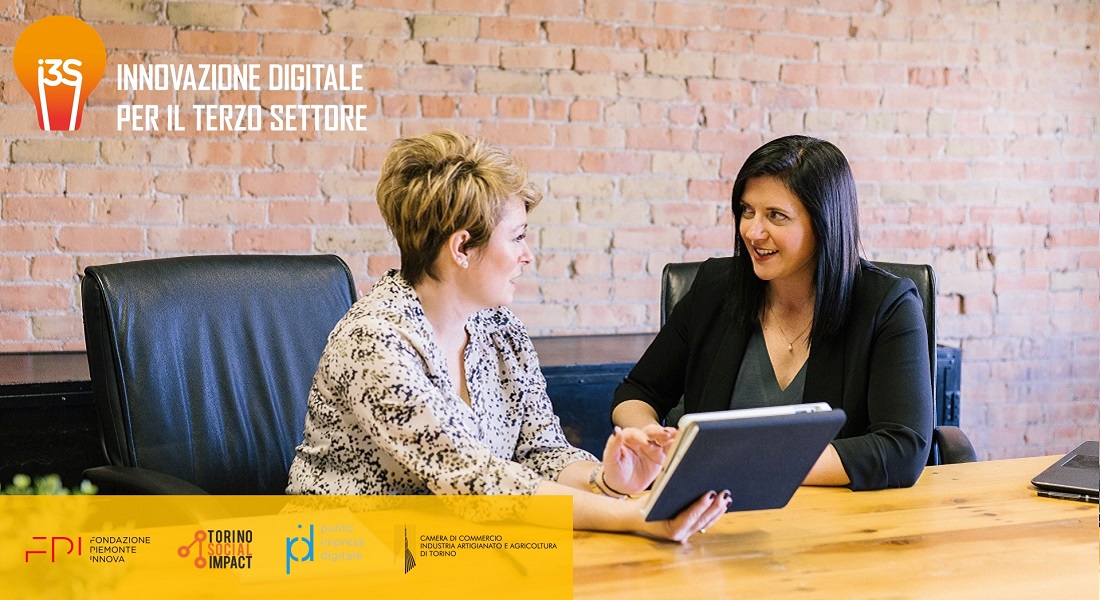15 ETSs will be able to experience the service provided by the partners of the I3S project with the activation of temporary innovation managers, learning by doing, and mentoring
The new service of accompaniment to the digital transformation and technological innovation of the I3S Project is about to start: on 6 February, the pilot project will begin, allowing the first 15 Third Sector organisations in our territory to bring out new ideas and possibilities for development, digital transformation and social innovation enabled by ICT technologies, starting from their real operational needs.
The ETSs that will participate in this experimentation have been identified among those belonging to the three partner representative bodies of the I3S Project: Confcooperative Piemonte Nord, Legacoop Piemonte and VOL.TO Volontariato Torino.
The offer of services is broad and distributed among the actors in the territory, aggregating the already available services provided by the representative bodies and the extended network of the project partners, in particular Piemonte Innova, Confcooperative Piemonte Nord, Links Foundation and Legacoop Piemonte.
Advice can be obtained on the organisation of services and the optimisation of processes, systems and people, through to service design and the optimisation of currently active services. Basic literacy workshops and introductions to Office Automation and Microsoft technologies – both more commonly used, such as Office 365, and more sophisticated uses such as Microsoft Power Apps, Power BI, Power Platforms and Azure – are also available. ETSs will be able to make use of mentors on ICT topics and to identify funded opportunities for digital innovation, as well as to carry out assessments on cybersecurity and GDPR. In addition, important support will be provided for recruiting and bringing in young professionals from the digital world or working with thesis and PhD students, who can be useful to the organisation and help it grow in the long term.
This pilot is designed to bring value to the Torino Social Impact network, as it will test a new approach to the digitalisation of the Third Sector. In particular, from the questionnaires collected after the co-design phase, the potential of the project emerges in terms of the framing of the needs and skills required for the start-up of digitalisation paths by the organisations involved, the recognition by the organisations of the internal factors enabling digitalisation, the emergence of specific needs and peculiarities of the sector in terms of technological innovation (e.g. the need for implementation models applicable to the sector, sharing of experiences, tutoring and consultancy, etc.).
The validity of this approach will emerge in the medium term, thanks to an evaluation process from which results and limitations will emerge, providing the ecosystem with an effective digitalisation model.
The I3S project is supported by the Turin Chamber of Commerce and is part of the Tech4Good programme of the Turin Social Impact strategic plan, which also acts as a director. It is led by Piemonte Innova, which also coordinates and enables the network of enterprises and experts. It is conceived and realised in collaboration with the representative bodies that adhere to the Social Entrepreneurship Committee: Confcooperative Piemonte Nord, Legacoop Piemonte and VOL.TO Volontariato Torino.

